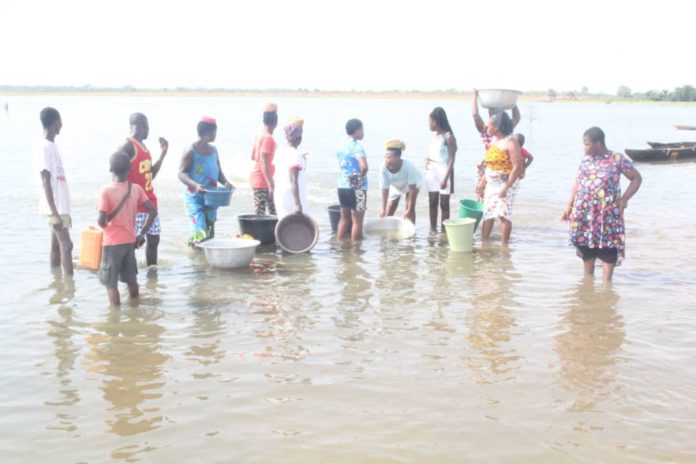Water, the lifeblood of our planet, is increasingly under threat. Climate change, population growth, and unsustainable consumption patterns are straining water resources worldwide.
In many regions, droughts are becoming more frequent and severe, while others grapple with flooding and water contamination.
The question is: are we doing enough to conserve this precious resource, or are we merely rearranging deck chairs on the Titanic?
The Reality Bites
Ignoring the numbers is no longer an option. Billions lack access to safe water, a figure set to skyrocket due to climate change and our growing population.
We’re draining underground reserves faster than they can replenish, turning rivers into polluted trickles, and disrupting the natural water cycle.
This isn’t just about convenience; it’s about food security, economic stability, and preventing mass migrations fueled by desperation.
Scattered Attempts at Solutions
Efforts to conserve water are happening, scattered like seeds across a barren landscape. There’s innovation, like drip irrigation minimizing water waste in farming.
Policies emerge, with governments attempting to regulate usage. Corporations, some at least, are adopting greener practices.
On a personal level, many are taking shorter showers, aware of the need to conserve. But are these individual acts and isolated initiatives powerful enough?
Where We’re Missing the Mark
The issue is that efforts often exist in silos, failing to acknowledge the bigger picture. We need holistic planning, recognizing that water connects everything. Equity is also key. New technologies often don’t reach those who need them most.
Strong enforcement of regulations is lacking, and funding for essential water infrastructure remains insufficient.
Deeply ingrained habits, like seeing water as an endless resource, are also difficult to shift. Too often, we treat symptoms (water shortages) instead of addressing root causes (climate change, unsustainable consumption).
A Desperate Need For Transformation
Avoiding disaster requires a complete mindset shift. Water must become a top priority, viewed not as a commodity, but as the foundation of life itself.
This means investing massively in research, prioritizing sustainable agricultural practices, protecting our ecosystems, and empowering local communities. International cooperation is crucial; water challenges transcend borders.
It’s about more than just technology and policy. It’s about inspiring every individual to embrace water-wise practices as part of their daily lives. We need stronger accountability for those who pollute and waste.
Will We Rise to the Challenge?
The water crisis is complex, but not insurmountable. It requires more than good intentions – it demands a fundamental change in how we value, manage, and conserve water.
We must acknowledge the scale of the threat, identify the gaps in our current approach, and then commit to a more effective plan. The choice is clear: act decisively now or face the devastating consequences of a world running dry.
Source: Bridget Ackom


